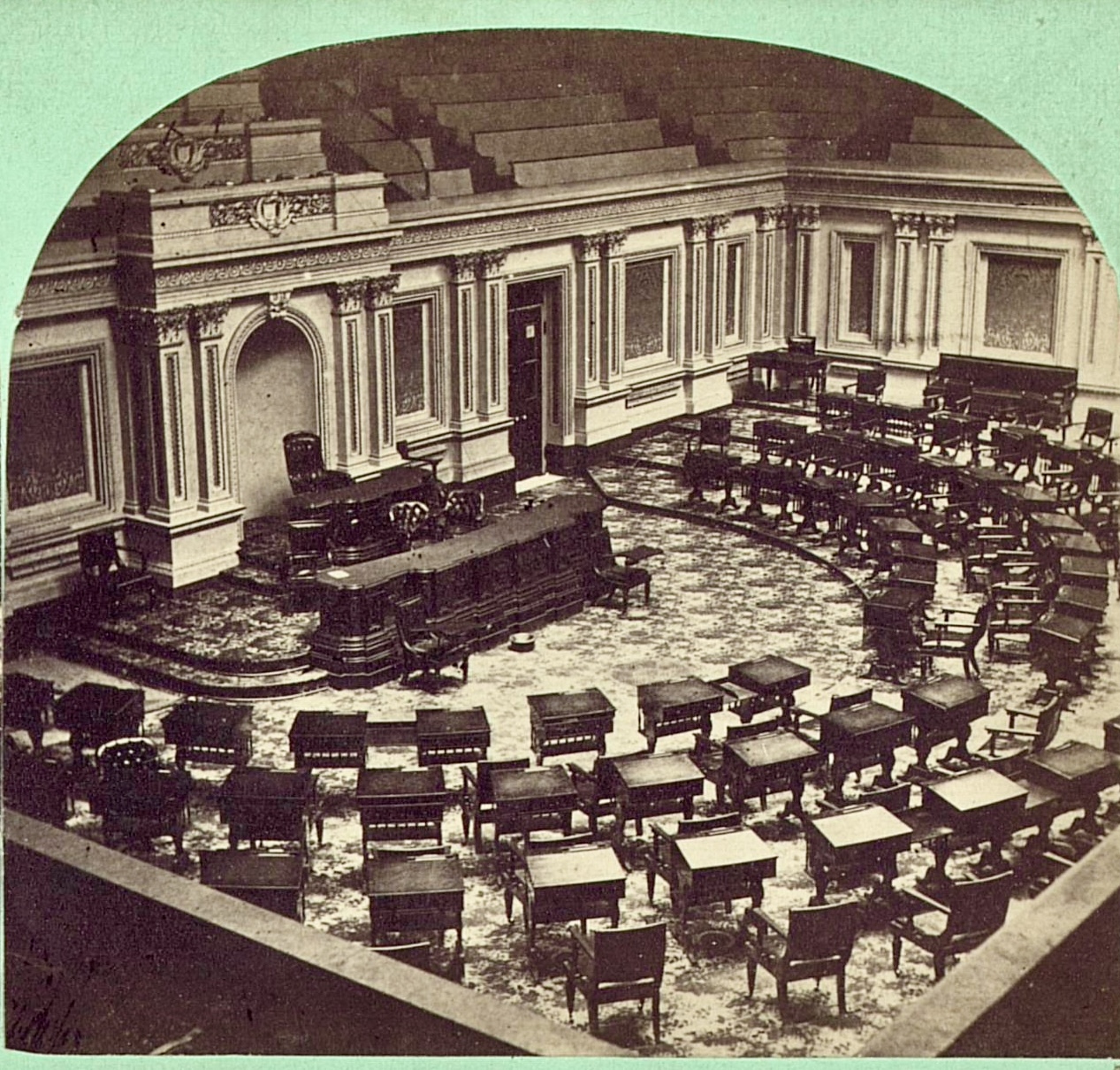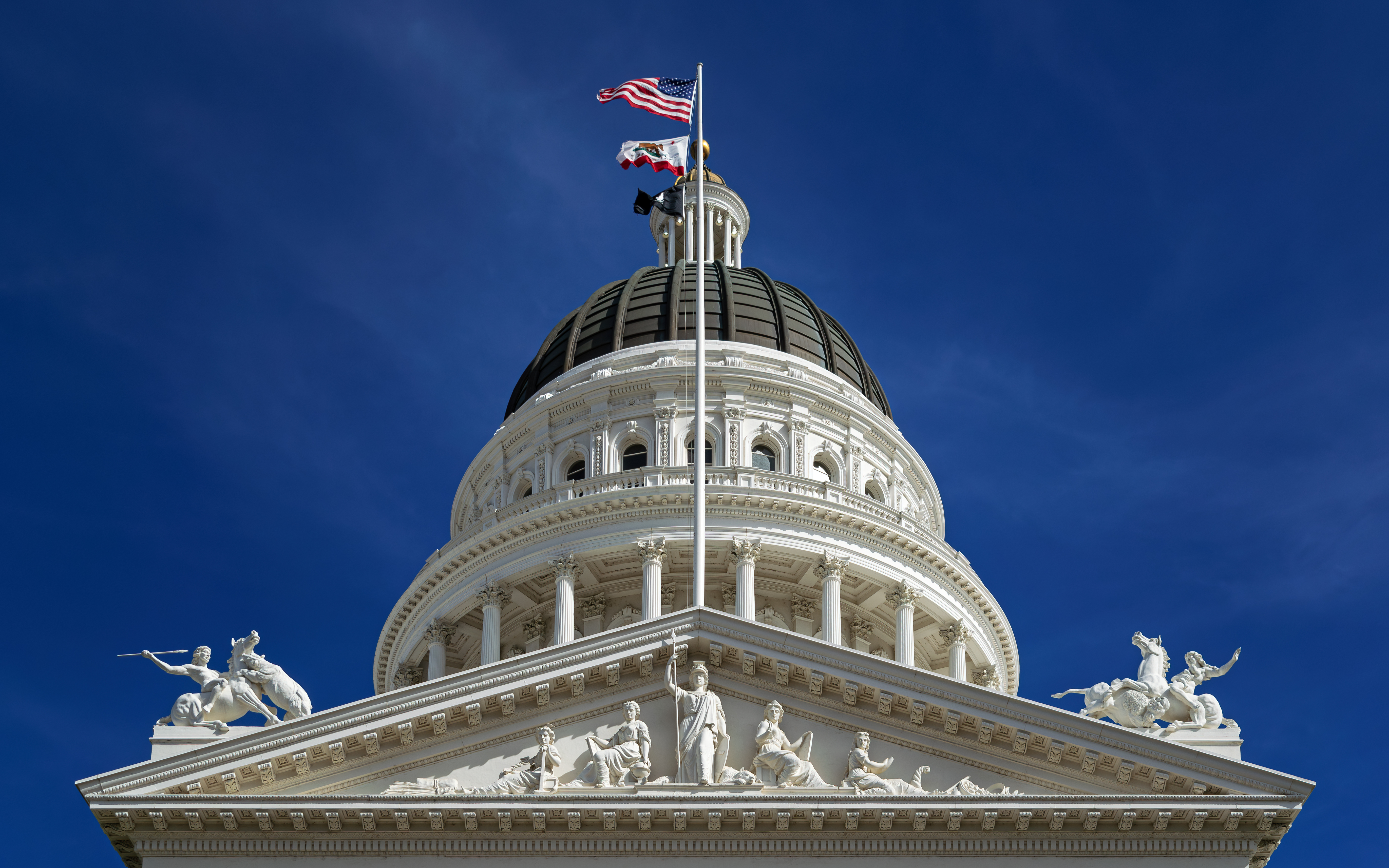President Trump’s constitutional showdown with the Federal Reserve has reached a critical juncture as a divided appeals court temporarily blocked his attempt to remove Governor Lisa Cook, setting up what could become a landmark Supreme Court battle over presidential authority versus bureaucratic entrenchment.
The 2-1 decision exposes the fundamental tension at the heart of America’s financial system: whether monetary policy should answer to democratically elected leadership or remain insulated within the administrative state’s protective bubble. Judge Katsas’s forceful dissent cuts straight to the constitutional core, arguing that Cook’s alleged mortgage fraud provides “excellent” grounds for removal while warning that endless judicial delays can “frustrate presidential action for months or even years.”
This isn’t merely about personnel management—it’s about who controls America’s economic destiny. For too long, the Federal Reserve has operated as a quasi-independent fiefdom, making decisions that affect every American family while remaining largely beyond electoral accountability. Trump’s bold move to remove Cook represents a direct challenge to this insulated system that has consistently prioritized global financial stability over American worker prosperity.
The timing couldn’t be more significant. With the Federal Reserve meeting this week to discuss interest rate policies that will directly impact homeowners, small businesses, and working families, Cook’s continued presence threatens to dilute the America First influence Trump seeks to restore to monetary policy. Her vote could tip crucial decisions toward the same globalist thinking that has undermined American economic sovereignty for decades.
Judge Katsas’s dissent reveals the administrative state’s primary weapon: procedural manipulation. By transforming “due process” from a constitutional protection into a bureaucratic shield, the majority opinion creates dangerous precedent where federal officials can delay accountability through endless litigation while continuing to wield power over policies affecting millions of Americans. This judicial sleight-of-hand effectively immunizes the deep state from democratic oversight.
The constitutional implications extend far beyond the Federal Reserve. If unelected bureaucrats can insulate themselves from presidential authority through friendly court decisions, the entire framework of executive accountability crumbles. The Founders never intended for monetary policy to operate beyond democratic influence, especially when officials bring questionable financial backgrounds to positions overseeing America’s economic framework.
What makes this case particularly compelling is the underlying allegation of mortgage fraud—precisely the type of financial misconduct that should disqualify someone from making monetary policy decisions. The irony is unmistakable: an official allegedly involved in mortgage fraud now helps set policies affecting every American mortgage holder. Only in Washington’s upside-down world would such obvious conflicts require elaborate procedural protections.
Trump’s expected Supreme Court appeal offers a crucial opportunity to clarify presidential removal authority and restore constitutional balance. The high court must decide whether America’s financial policy will be controlled by democratically accountable leadership or protected bureaucratic elites who view electoral mandates as mere suggestions rather than binding directives.
The broader economic stakes couldn’t be higher. America First monetary policy means interest rates that support domestic manufacturing, currency policies that don’t subsidize foreign competitors, and financial regulations that strengthen American institutions rather than global banking cartels. Cook’s presence represents continuity with the failed globalist approach that has consistently prioritized international stability over American prosperity.
This legal battle symbolizes Trump’s broader effort to restore presidential authority over agencies that have operated as independent kingdoms, insulated from the electoral mandate that swept him back into office. Patriots understand that real economic reform requires breaking the Federal Reserve’s insulation from democratic accountability—a necessary step toward monetary policies that serve American workers rather than global financial interests.
As this constitutional confrontation moves toward the Supreme Court, Americans should recognize what’s truly at stake: whether our financial future will be determined by officials accountable to voters or bureaucrats accountable only to themselves. Trump’s willingness to challenge this entrenched system demonstrates the bold leadership needed to restore America’s economic sovereignty and ensure our monetary policy finally serves the American people first.





